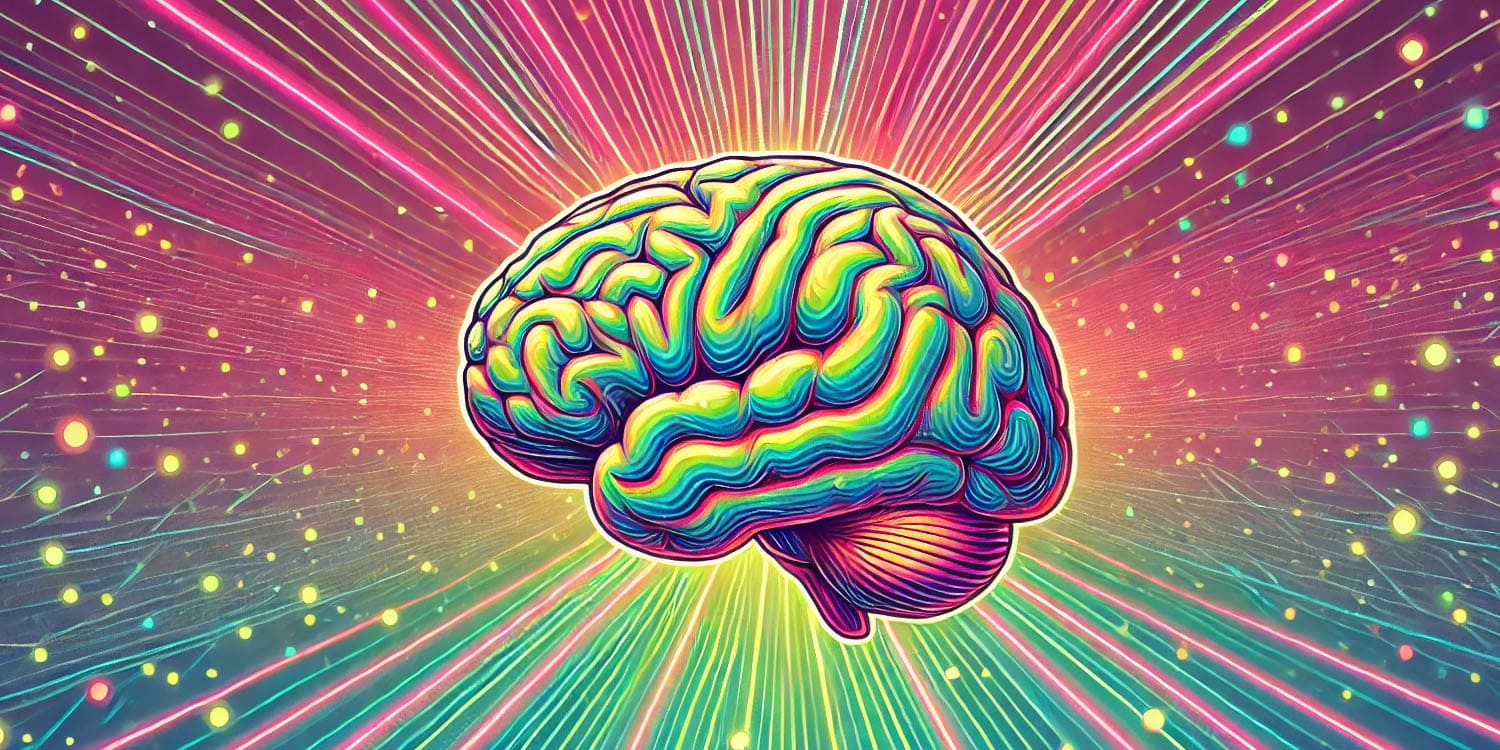In recent years, MDMA-assisted psychotherapy has garnered attention for its potential to treat psychiatric conditions such as post-traumatic stress disorder (PTSD). However, understanding the safety profile of this treatment is important before it becomes widely implemented. A recent comprehensive systematic review and meta-analysis published in Neuropsychopharmacology provides valuable insights into the side effects associated with MDMA-assisted psychotherapy.
The study found that while MDMA-assisted psychotherapy is associated with increased odds of side effects compared to a placebo, these side effects are generally mild to moderate and transient. However, significant gaps in the existing evidence highlight the need for further research to better understand the safety of MDMA-assisted psychotherapy and guide its clinical use.
MDMA, short for 3,4-methylenedioxymethamphetamine, is a synthetic drug that alters mood and perception. It is commonly known by street names such as ecstasy or molly. MDMA is known for producing feelings of euphoria, increased energy, emotional warmth, and distorted sensory and time perception.
MDMA-assisted psychotherapy combines the administration of MDMA with structured psychotherapy sessions. The premise of MDMA-assisted psychotherapy is that MDMA can enhance the therapeutic process by reducing fear and anxiety associated with recalling traumatic memories, thus allowing patients to process these memories more effectively.
Typically, the treatment involves several preparatory psychotherapy sessions without MDMA, followed by a few full-day sessions where MDMA is administered under close supervision. These MDMA sessions are followed by integration sessions to help patients process their experiences and insights gained during the MDMA-assisted sessions.
While initial studies have shown promising results, concerns remain about the potential side effects and the adequacy of safety reporting in existing studies. The researchers aimed to address these concerns by conducting the first meta-analysis of the side effects of MDMA-assisted psychotherapy across various psychiatric conditions.
“I have been working on research related to MDMA for many years. We are currently starting an MDMA-assisted psychotherapy clinical trial and wanted to understand as best as we can what the likely side effects of this treatment could be. We conducted this study to get a comprehensive understanding of the safety of MDMA-assisted psychotherapy based on existing data,” said study author Gillinder Bedi, an associate professor Gill Bedi at the University of Melbourne and head of substance use research at Orygen.
To provide a thorough assessment, they searched multiple databases, including PubMed, EMBASE, and Cochrane Central Register of Controlled Trials, for studies involving MDMA combined with psychotherapy for psychiatric conditions. Only Phase 2 and 3 studies were included, as these provide more rigorous data compared to earlier phase trials.
The final analysis included 13 studies that met the inclusion criteria, totaling 333 participants. Eight of these studies were randomized controlled trials (RCTs) with 298 participants, which formed the primary basis for the meta-analysis.
The researchers extracted detailed data from these studies, including the study design, participant demographics, MDMA dosage, control conditions, side effects, and reasons for study withdrawal. They assessed the quality of side effect reporting using the CONSORT Harms 2022 guidelines, a 17-item checklist designed to ensure comprehensive reporting of adverse events in clinical trials.
Bedi and her colleagues found that participants undergoing MDMA-assisted psychotherapy had a higher likelihood of experiencing side effects compared to those receiving a placebo. In Phase 2 studies, 45% of participants in the MDMA-assisted psychotherapy group reported side effects during medication sessions, compared to 30% in the placebo group.
Similarly, 46% of MDMA-assisted psychotherapy participants reported side effects within seven days following the sessions, compared to 31% in the placebo group. Common side effects included anxiety, jaw clenching, muscle tightness, nausea, and decreased appetite. These side effects were generally mild to moderate in severity and transient.
In Phase 3 studies, the odds of experiencing any treatment emergent adverse event (TEAE) were higher for participants in the MDMA-assisted psychotherapy group compared to the placebo group, with 16% of MDMA-assisted psychotherapy participants reporting TEAEs compared to 5% of those in the placebo group.
Specific side effects that were more common in the MDMA-assisted psychotherapy group included muscle tightness, decreased appetite, nausea, excessive perspiration, feeling cold, restlessness, dilated pupils, jaw clenching, uncontrolled eye movements, feeling jittery, non-cardiac chest pain, blurred vision, and chills. Despite these increased odds, the side effects were again generally mild to moderate and resolved within a short period.
Importantly, the researchers did not find significant differences in the rates of serious adverse events or study withdrawal between the MDMA-assisted psychotherapy and placebo groups. This suggests that while MDMA-assisted psychotherapy is associated with a higher likelihood of experiencing side effects, these effects are typically not severe enough to cause participants to withdraw from the study.
But the researchers highlighted several limitations in the existing evidence. The certainty of the evidence was rated as very low for most Phase 2 side effect outcomes and low to moderate for Phase 3 outcomes. This was primarily due to the small number of studies, the selective nature of the participant samples, and the heterogeneous methods used to assess and report side effects. Additionally, many studies relied on passive monitoring of side effects, which likely underestimates their prevalence.
“We found that, based on a comprehensive assessment of the existing data, the side effects of MDMA-assisted psychotherapy appear to be mild to moderate and relatively transient,” Bedi told Psypost. “While that is reassuring, we also found that there are methodological limitations that mean the certainty of existing evidence is not strong. This means that we don’t yet have a good sense of what the side effects are, particularly in relation to MDMA-assisted therapy used in ‘real world’ clinical settings rather than in tightly controlled trials.”
To address these limitations, the researchers recommend that future studies use systematic methods for assessing side effects, including structured checklists or scales, and ensure transparency in reporting all potential side effects. There is also a need for long-term follow-up studies to better understand the enduring effects of MDMA-assisted psychotherapy.
“There was some data which was not reported in the papers and which we were not able to access from the authors,” Bedi noted. “However, we do not think this would be likely to affect our findings substantially. The other thing to be aware of is that as part of a recent report by ICER on MDMA-assisted psychotherapy, there have been allegations that some serious adverse events were not actually recorded or reported appropriately. Obviously, we were only able to base our review on the evidence that has been made available by the researchers and sponsors of this research.”
In addition, most of the existing studies were sponsored by a single advocacy group. Independent research is crucial to provide unbiased evidence on the safety and efficacy of MDMA-assisted psychotherapy, particularly as it moves closer to potential approval for clinical use in treating PTSD and other psychiatric conditions.
“I am hopeful that with more independent research groups conducting high-quality research, we will get more robust evidence on both the benefits and potential harms of MDMA-assisted psychotherapy in the coming years,” Bedi said. “Our group is particularly focusing on doing our best to address the methodological issues that have been raised in relation to existing research, and on making sure the approach to psychotherapy we use is evidence-based and also informed by what is currently known or hypothesized about the likely mechanisms of action of this approach.”
The study, “Side-effects of MDMA-assisted psychotherapy: a systematic review and meta-analysis,” was authored by Julia Colcott, Alexandre A. Guerin, Olivia Carter, Sally Meikle, and Gillinder Bedi.




